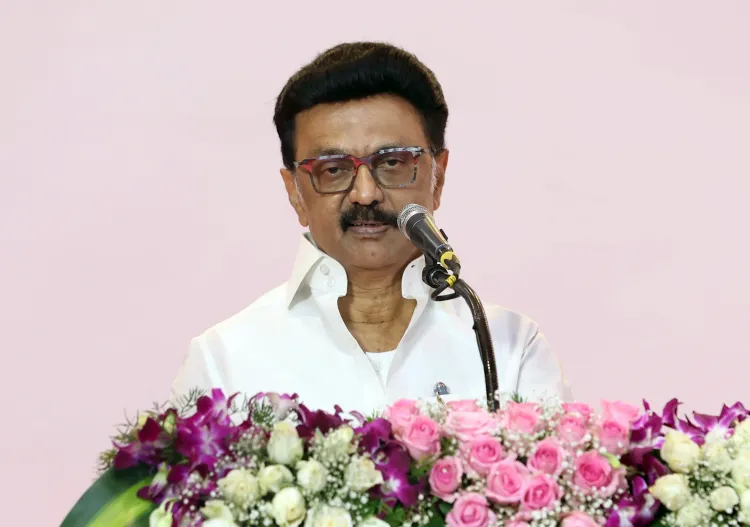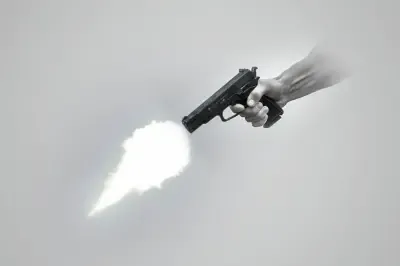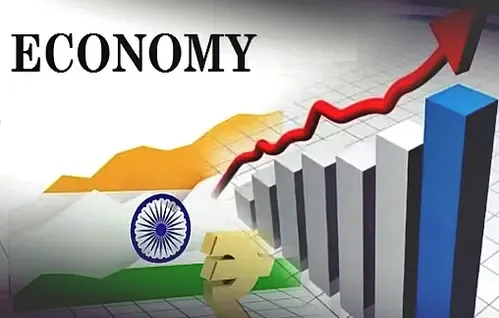Is the 130th Constitution Amendment Bill a Threat to Democracy?

Synopsis
Key Takeaways
- Threat to Democracy: The bill could enable the Centre to remove opposition leaders without due process.
- Judicial Scrutiny: Stalin believes the bill will not withstand court challenges.
- Distraction Tactic: The BJP is accused of using the bill to divert attention from allegations of vote theft.
- Constitutional Integrity: Concerns arise about the amendment's impact on the Constitution.
- Intimidation of Regional Leaders: The bill is seen as a way to intimidate NDA allies.
Chennai, Aug 20 (NationPress) Tamil Nadu Chief Minister M.K. Stalin on Wednesday vehemently criticized the BJP-led Central government regarding the introduction of the 130th Constitution Amendment Bill in the Lok Sabha. He warned that if this legislation is enacted, it would threaten democracy and grant the Centre the power to arbitrarily remove opposition Chief Ministers.
In a statement on X, Stalin accused the BJP of attempting to corrupt the Constitution, labeling the proposed amendment as a “Dark Day” for Indian democracy.
“The 130th Constitutional Amendment is not a reform. This is a Dark Day and a Dark Bill. A 30-day arrest translates to the removal of an elected CM. No trial, no conviction – only the BJP's decree. This is how authoritarianism begins: stealing votes, silencing opponents, and oppressing states,” he wrote.
The Chief Minister accused the BJP of using this move as a distraction amidst allegations of “vote theft.” He asserted that the party, after being accused of forming the government through deceitful means, is now eager to divert public focus.
“Having usurped the people's mandate through fraud, the BJP is now frantically attempting to shift public attention from this scandal. This is why they have introduced the 130th Constitutional Amendment Bill,” Stalin stated.
Expressing his belief that the judiciary will intervene, Stalin claimed that the bill would not survive judicial examination.
“This unconstitutional amendment will undoubtedly be nullified by the courts because guilt is determined only after a trial, not merely through a case registration,” he emphasized. He further alleged that the proposed amendment aims to intimidate regional allies within the NDA.
“This is a nefarious attempt to intimidate regional parties in the NDA, whose leaders are CMs or Ministers in various states – ‘align with us or face consequences.’ The initial move of any rising dictator is to grant themselves the authority to arrest and oust rivals from office. This Bill is precisely aimed at achieving that,” Stalin added.
The Constitution (One Hundred and Thirtieth Amendment) Bill, 2025, alongside the Government of Union Territories (Amendment) Bill, 2025, and the Jammu and Kashmir Reorganisation (Amendment) Bill, 2025, was presented by Union Home Minister Amit Shah and sent to a Joint Committee of Parliament.
The amendment proposes that the Prime Minister or Chief Ministers detained for 30 consecutive days on charges of corruption or serious offenses could be removed from their positions.









